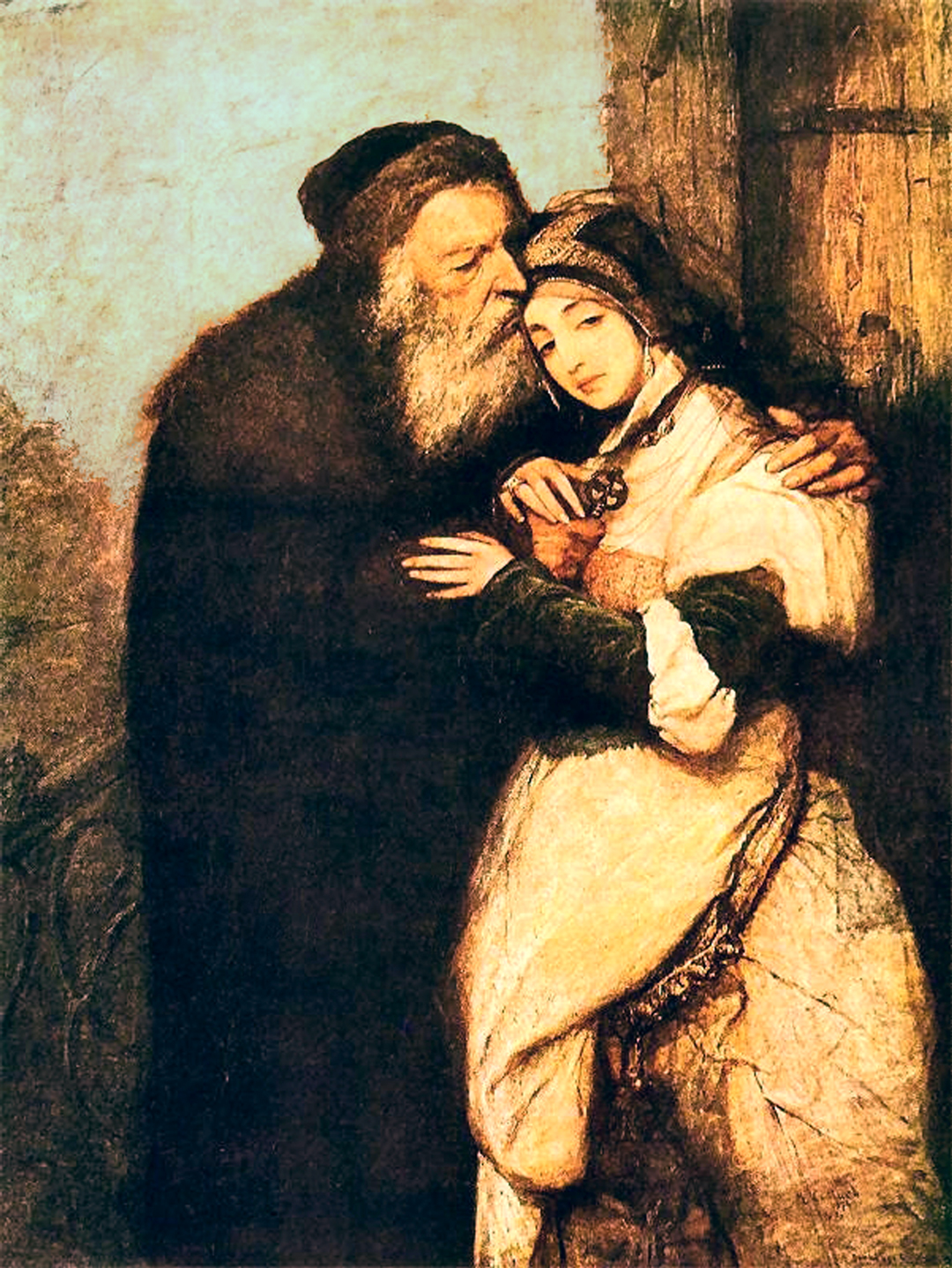Author: Jonathan Garelick
-
Marc Andreessen wants you to stay in school
Marc Andreessen isn’t always known for his good advice, but he was right in one memorable exchange: When asked by a Stanford student if they should drop out of college, he responded, “Stay in school. Because if you’re going to drop out, you won’t listen to me anyway.” As a college dropout, this advice hit…
-
Should we teach high schoolers Scratch?
I saw a post today saying that we shouldn’t be teaching high schoolers the Scratch programming language–they should go straight to the harder ones. As someone who has taught programming to both children and adults, including at a prestigious code bootcamp (App Academy), this is a mistake for a couple reasons: 1) You can make…
-
Why should I pay for an open-source app?
I recently made the decision to start charging $2 for my open-source app, SoundSeer. This was a tough choice for me; after all, why should someone pay for something they can get for free? What’s in it for you The core value proposition of SoundSeer is that it lets you see what’s playing on Spotify…
-
Some thoughts on going from an idea to the App Store in one week
Recently, I released a macOS app called SoundSeer to the App Store. It’s a Spotify companion that shows your current song in the menu bar. It also has a couple other conveniences like Next Track, and Copy Spotify URL. I’d like to briefly share how this came about, and how I feel about making my…
-

Using Claude Opus to analyze Shakespeare
Recently, I wanted to find the origin of the idiom “My word is my bond.” Unfortunately, the legendary Quote Investigator® had nothing to say. Some articles also suggested that the saying had its basis in the Hip Hop movement, but I had a feeling it existed earlier. After some Googling, I found an article that…
-
How do you determine the root of a decision tree?
While I have briefly covered decision trees before, I’d like to go a little bit more in depth about how particular nodes are chosen, in this case the root. Recall that the earlier you are in your “20 Questions” game, the more general your question should be. For example, suppose your opponent has chosen Austin…
-
My experience with Google Gemini
I have spent the last two months playing around with Gemini Ultra 1.0. Overally, I am quite happy with it. For comparison, I have spent a similar amount of time using ChatGPT (GPT-4). I have also tried Llama 2 and Mistral 7B. Here are my initial thoughts: 1) Gemini has a much more tolerable output…
-
Predicting Titanic survivors pt. 2: know your data
See part 1 here. Last post, I talked about my experience doing my first Kaggle competition. The goal was to determine who survived the Titanic shipwreck. I achieved an accuracy of 77.5% using RandomForestClassifier. I’d like to do better this time. I decided to join the Kaggle discord, where they have a channel dedicated to…
-
You already know ML: a decision tree primer
Decision trees are one of the easiest machine learning algorithms to understand. In fact, you already use them. For example, when you were a child, you might have played the game 20 Questions. The game works like this: first, think of something–a person, place or thing. I will choose Austin Powers. Then, it’s the other…
-
My First Kaggle Competition: Analyzing Titanic Survivors with Machine Learning
I would like to share with you some of my learnings in ML. Over the past year, I have completed several Coursera courses on ML and neural networks, but was a bit too intimidated to jump into a Kaggle competition. Fortunately, Kaggle has a competition targeted toward beginners, called Titanic – Machine Learning from Disaster.…